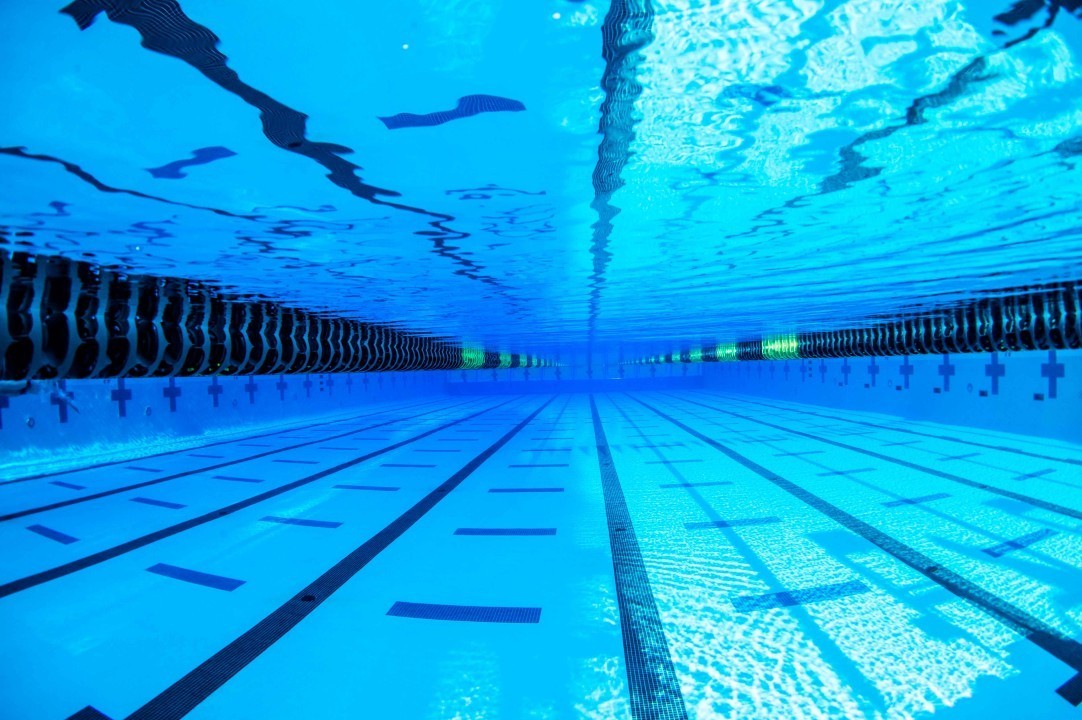Swimming News courtesy of SwimSpray, a SwimSwam partner, and Dr. Andrew Chadeayne, a former Princeton University swimmer and chemistry Ph.D. from Cornell University.
Swimmers at High Risk for Going Noseblind
Swimmers are among a group of people deeply threatened by the possibility of going noseblind. By continual exposure to chlorine odor, swimmers actually lose the ability to smell chlorine. As a result, swimmers often do not appreciate how intensely they smell of chlorine, which may shock or offend their friends and colleagues. Ask Chloe Sutton. Her boyfriend notices the difference and prefers chlorine-free Chloe.
What does it mean to go “noseblind”?
According to scientists at Proctor and Gamble, “noseblind” means “the gradual acclimation to the smells of one’s home, car, or belongings, in which the affected does not notice them (even though their guests do).” Example: I don’t want to dance with Michael Phelps because he is completely noseblind to the fact that he reeks of chlorine.
This is the three step process for going noseblind to chlorine:
- Chlorine Odor Adaptation. You swim. Because you swim in chlorinated pools, you trigger your nose’s physiological response to chlorine odor (technically chloramine odor). Over time the apparent strength of that smell begins to fade. For example, when you first enter a pizza restaurant, the odor of pizza is perceived as being very strong. But, after time your awareness of the pizza odor normally fades to the point where the smell is not perceptible or is much weaker. This is called odor adaptation.
- Chlorine Odor Habituation. You get used to the chlorine smell. Chlorine odor habituation refers to your brain’s decreased responsiveness to an odor as a result of prolonged exposure. You are effectively adapted to the chlorine odors before you get to the pool. In essence, your body learns that if it is going to smell chlorine every day, your brain might as well not even bother processing the odor. Similarly, cigarette smokers don’t notice that their car smells strongly of stale smoke.
- Chlorine Odor Infestation. Everyone around you tells you that you stink of chlorine. Although you don’t notice the chlorine odor emanating from your body, those people around you notice the chemical smell as soon as they come near you. Have you ever gotten into a cigarette smoker’s car and become overwhelmed by the stale cigarette smoke? Yuk.
This blend of physiological (what your body is telling you), psychological (what your brain is telling you), and sociological (what makes your friends and colleagues judge you) all adds up to one thing: You might just be noseblind to the smell of chlorine. Fortunately, there is a cure.
Cure for the Noseblind
How can you prevent yourself from becoming noseblind to chlorine odor? The answer is simple:
First, recognize that you have a problem. Maybe your friends are dropping subtle hints. Maybe that “eau de chlorine” really isn’t that sexy?
Second, give your nose a break from the chlorine odor. Let it recover. Remember, persistent exposure to the chlorine odor is causing your noseblindedness.
How to Give your Nose a Break from Chlorine
Thanks to revolutionary technology from SwimSpray, swimmers can avoid being covered in chlorine away from the pool. They can easily wash the chlorine off after swimming. Now, swimmers do not need to go through their days covered in pool chemicals. By limiting chlorine exposure to actual pool time, swimmers can avoid the threat of becoming noseblind.
Even Michael Phelps and Chloe Sutton See the Value of Taking a Break from Chlorine Odor
Your nose will thank you for giving it a break from chlorine. In fact, when Michael Phelps took a break from swimming after the London Olympics, he told NBC that he was happy to “no longer smell chlorine.” Likewise, Chloe Sutton has come forward as a thought leader in responsible chlorine use.
Want to try SwimSpray?
Just fill out a survey at www.ChlorineSurvey.com and request a sample.
 About SwimSpray
About SwimSpray
SwimSpray was invented by Dr. Andrew Chadeayne, a former Princeton University swimmer and chemistry Ph.D. from Cornell University. Tired of smelling like chlorine after his swimming workouts, Andrew set out remove chlorine from hair and skin ( SwimSpray works where so many other chlorine removal products (e.g., swimmers’ shampoos) have failed previously because SwimSpray’s all-natural vitamin C based formula breaks this bond, neutralizing the chlorine, and allowing it to be washed away with your favorite soap or shampoo.
Follow SwimSpray on Twitter here.
Like SwimSpray on Facebook here.
Swimming News courtesy of SwimSpray, a SwimSwam partner.


That was not a problem in the days of the maintenance people dumping HTH in your lane at the end of workout, no goggles, no caps in workout. Best thing after that was a dip in the salt water at the beach.